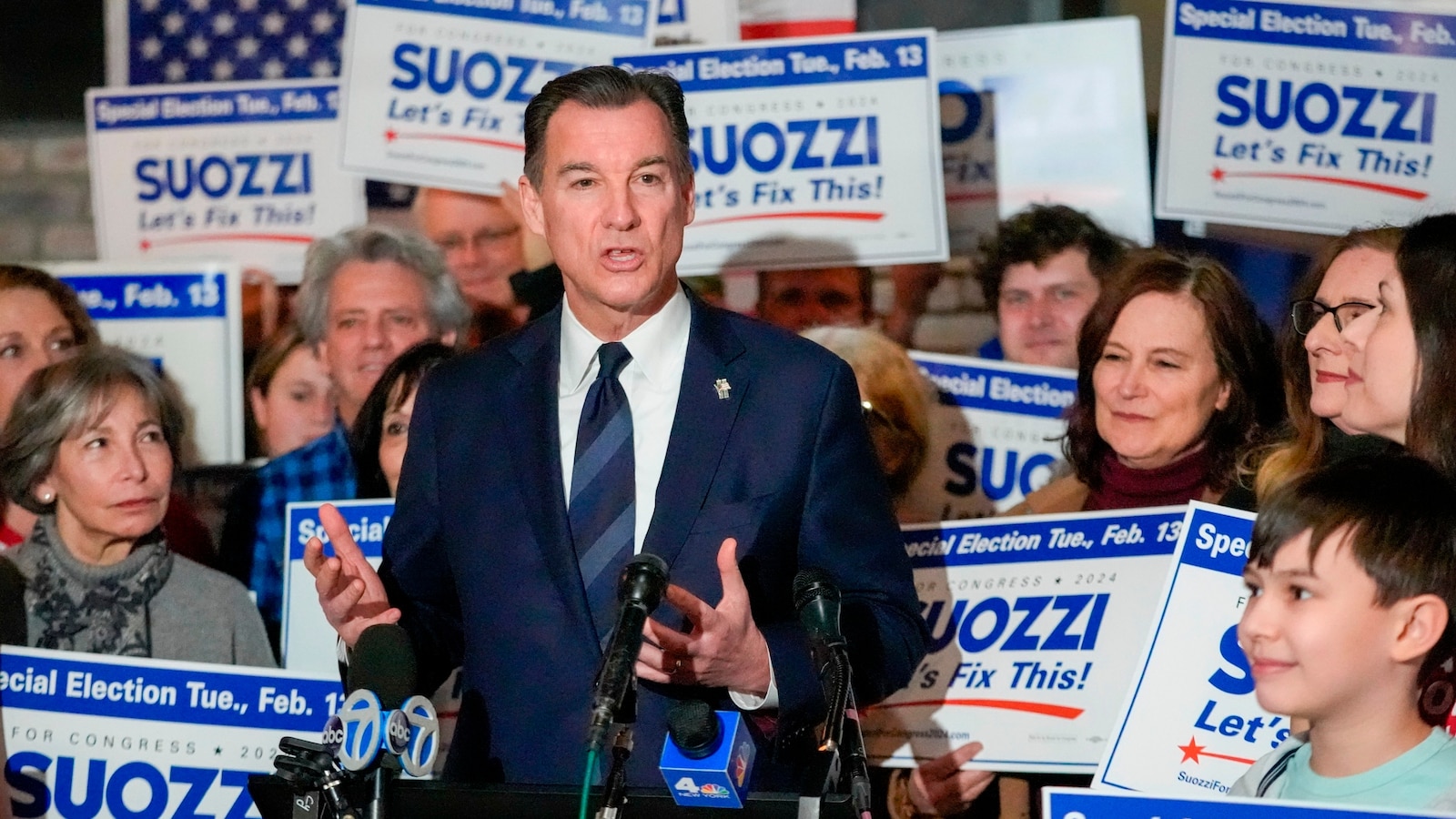Ghana's Mental Health System: Challenges And Solutions To The Psychiatrist Shortage

Table of Contents
The Extent of the Psychiatrist Shortage in Ghana
Ghana has a drastically insufficient number of psychiatrists compared to World Health Organization (WHO) recommendations. While the precise figures fluctuate, the ratio of psychiatrists to population significantly falls short of the ideal, leading to stark disparities in access to care, particularly in rural communities. The consequences are severe: a substantial portion of the population with mental health conditions goes untreated, leading to worsening symptoms, reduced productivity, and increased social burdens.
- Insufficient number of psychiatrists to serve the population: The current number is far below the recommended ratio by the WHO, resulting in an overwhelming patient-to-psychiatrist ratio.
- Uneven distribution of psychiatrists: A concentration of psychiatrists in urban centers like Accra and Kumasi leaves rural areas severely underserved, exacerbating existing inequalities in healthcare access. This geographical disparity creates significant barriers to care for individuals in remote regions.
- Long waiting times for appointments: The limited number of professionals results in extensive waiting lists for appointments, often delaying crucial interventions and impacting treatment outcomes. This delay can be particularly detrimental for individuals experiencing acute mental health crises.
- Increased burden on existing healthcare professionals: The shortage places an undue burden on other healthcare workers, who may lack the specialized training to effectively address complex mental health issues, leading to suboptimal care.
Underlying Causes of the Psychiatrist Shortage
Several interconnected factors contribute to the persistent psychiatrist shortage in Ghana.
Limited Training Opportunities
The scarcity of psychiatric training programs and residency positions is a major bottleneck.
- Lack of funding for psychiatric training programs: Insufficient government funding restricts the expansion of training programs and limits the number of trainees who can be accepted.
- Limited number of qualified psychiatric professors and supervisors: A shortage of experienced professionals capable of mentoring and training new psychiatrists further hampers training capacity.
- Insufficient training facilities and resources: A lack of adequate infrastructure, including clinical facilities and learning materials, restricts the quality and scope of psychiatric training.
Brain Drain and Emigration
Ghana faces a significant challenge of trained psychiatrists emigrating to other countries, primarily due to better opportunities elsewhere.
- Higher salaries and better working conditions abroad: More attractive compensation and improved working environments in developed nations incentivize many skilled Ghanaian psychiatrists to seek employment internationally.
- Lack of career advancement opportunities in Ghana: Limited prospects for professional growth and leadership roles within the Ghanaian healthcare system discourage psychiatrists from staying.
- Limited research and development opportunities: The lack of robust research infrastructure and funding restricts opportunities for career progression and specialized training, pushing professionals to seek research opportunities abroad.
Social Stigma and Lack of Awareness
Pervasive social stigma surrounding mental illness in Ghana creates a significant barrier to seeking help and discourages young professionals from pursuing careers in psychiatry.
- Misconceptions and negative attitudes towards mental illness: Deeply ingrained cultural beliefs often associate mental illness with weakness or spiritual affliction, leading to fear, shame, and reluctance to seek professional help.
- Fear of discrimination and social exclusion: Individuals fearing stigma and judgment often avoid seeking mental healthcare, exacerbating the problem.
- Lack of public awareness campaigns promoting mental health: Limited public education and awareness campaigns fail to challenge these negative perceptions and promote help-seeking behavior.
Potential Solutions to Address the Psychiatrist Shortage
Addressing the psychiatrist shortage in Ghana requires a multi-pronged strategy focusing on several key areas.
Increasing Training Capacity
Expanding psychiatric training opportunities is critical.
- Increased government funding for psychiatric education: Significant investment in establishing new training programs and expanding existing ones is crucial to increase the number of psychiatrists.
- Collaboration with international organizations for training and resources: Partnerships with international organizations can provide essential resources, expertise, and funding to strengthen training programs.
- Establishment of more psychiatric residency programs in both urban and rural settings: Expanding residency programs, particularly in underserved areas, is essential for improving the distribution of psychiatrists.
Improving Working Conditions and Salaries
Attracting and retaining psychiatrists requires improvements in working conditions and compensation.
- Competitive salaries and benefits packages: Offering competitive remuneration comparable to international standards will significantly improve the appeal of a psychiatry career in Ghana.
- Improved working conditions and infrastructure: Investing in modern healthcare facilities, improved technology, and reduced administrative burden will improve the work environment for psychiatrists.
- Opportunities for career advancement and professional development: Creating clear pathways for career progression and providing opportunities for continued professional development will motivate psychiatrists to stay and build their careers in Ghana.
Addressing Social Stigma
Reducing stigma is crucial for increasing help-seeking behavior and improving attitudes toward mental healthcare professionals.
- Public awareness campaigns to promote mental health literacy: Broad public health campaigns can educate the population about mental illness, its causes, and available treatment options.
- Education programs targeting communities and schools: Integrating mental health education into school curricula and community outreach programs can normalize discussions about mental health and reduce stigma.
- Integration of mental health services into primary healthcare: Integrating mental health services into primary care settings can improve access and reduce the stigma associated with seeking specialized mental health care.
Utilizing Technology and Telemedicine
Technology can play a significant role in bridging geographical barriers.
- Telepsychiatry consultations to reach remote areas: Telemedicine can expand access to psychiatric services for individuals in remote or underserved areas.
- Use of mobile apps and online resources for mental health support: Mobile apps and online platforms can provide access to mental health information, self-help resources, and support networks.
- Training healthcare workers in basic mental health skills: Equipping other healthcare professionals with basic mental health skills can improve the initial assessment and management of mental health conditions in underserved areas.
Conclusion
The psychiatrist shortage in Ghana poses a substantial obstacle to the nation’s mental health system. Addressing this complex issue requires a multi-faceted approach incorporating expanded training, improved working conditions, proactive stigma reduction, and the strategic implementation of technology. By implementing these solutions, Ghana can make significant progress toward providing equitable and accessible mental healthcare for all citizens. Let's work together to overcome the psychiatrist shortage in Ghana and build a more robust and resilient mental health system. Contact your local representatives and advocate for increased investment in mental health infrastructure and training to address this critical need.

Featured Posts
-
 Daisy May Cooper Shows Off Huge Engagement Ring At The Cinema
May 02, 2025
Daisy May Cooper Shows Off Huge Engagement Ring At The Cinema
May 02, 2025 -
 Minnesota Special Election Key Takeaways From Ap Decision Notes
May 02, 2025
Minnesota Special Election Key Takeaways From Ap Decision Notes
May 02, 2025 -
 Ripple And The Sec Xrp Classification And Settlement Negotiations
May 02, 2025
Ripple And The Sec Xrp Classification And Settlement Negotiations
May 02, 2025 -
 Should You Invest In Xrp After Its 400 Price Jump
May 02, 2025
Should You Invest In Xrp After Its 400 Price Jump
May 02, 2025 -
 Breda Massale Stroomstoring Laat 30 000 Mensen In Het Duister
May 02, 2025
Breda Massale Stroomstoring Laat 30 000 Mensen In Het Duister
May 02, 2025
Latest Posts
-
 A Place In The Sun Navigating The Overseas Property Market
May 03, 2025
A Place In The Sun Navigating The Overseas Property Market
May 03, 2025 -
 The Impact Of Nigel Farage On The Reform Uk Party
May 03, 2025
The Impact Of Nigel Farage On The Reform Uk Party
May 03, 2025 -
 Securing A Place In The Sun Tips For Overseas Property Buyers
May 03, 2025
Securing A Place In The Sun Tips For Overseas Property Buyers
May 03, 2025 -
 How Nigel Farage Is Shaping Reform Uks Influence
May 03, 2025
How Nigel Farage Is Shaping Reform Uks Influence
May 03, 2025 -
 Complot A Rome L Ombre D Emmanuel Macron Sur Le Conclave
May 03, 2025
Complot A Rome L Ombre D Emmanuel Macron Sur Le Conclave
May 03, 2025
